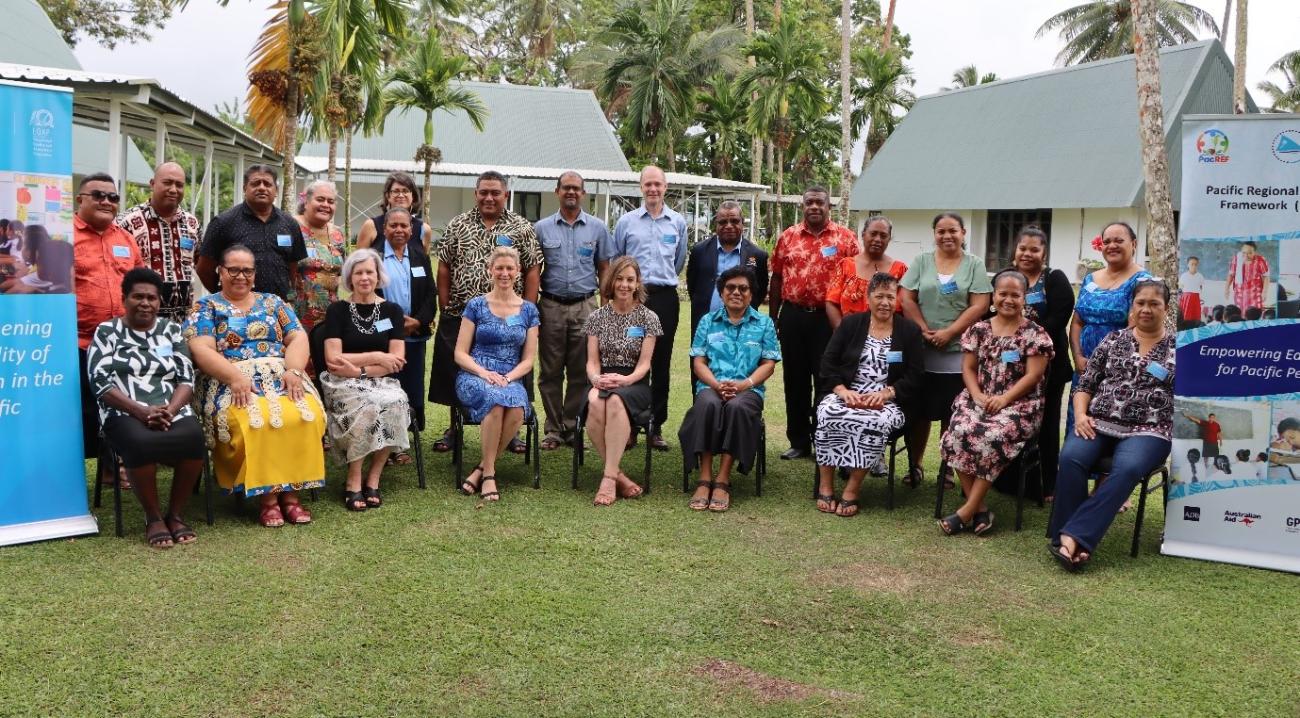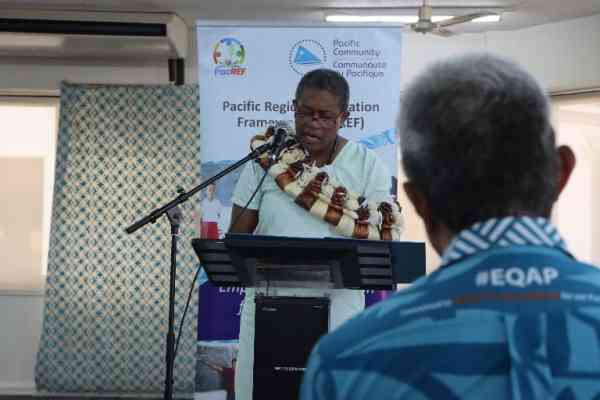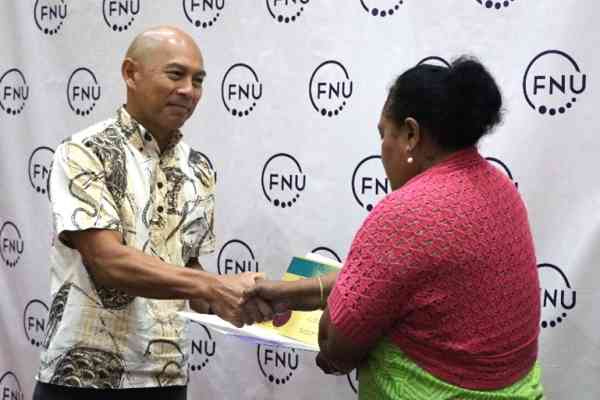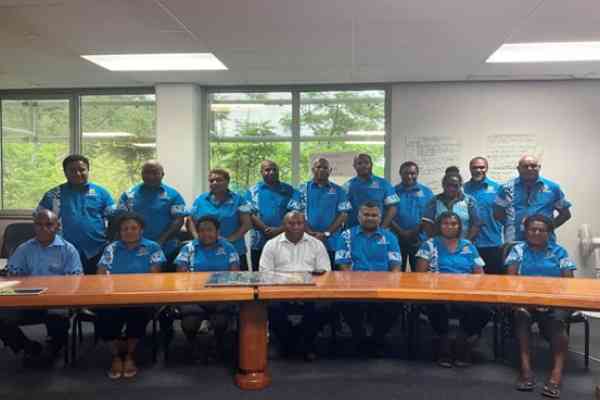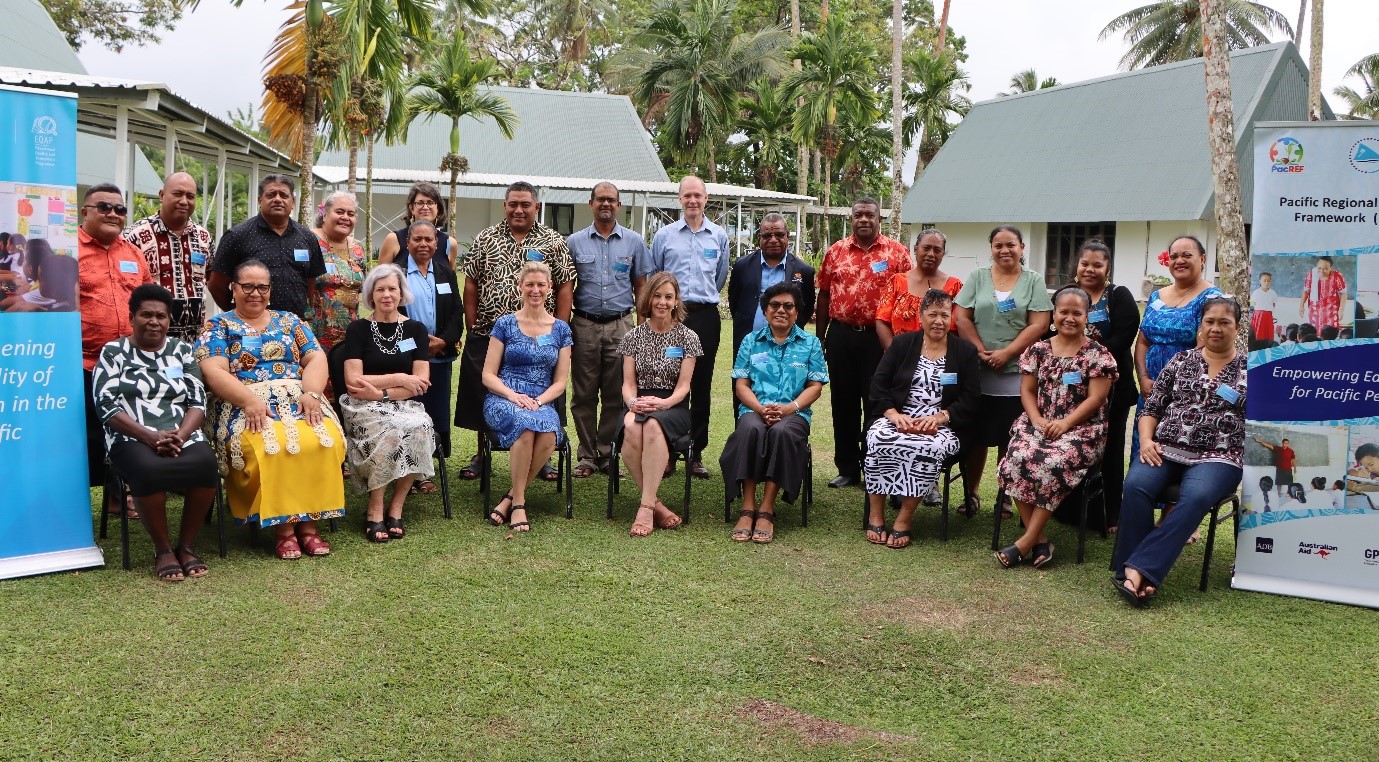
Representatives of ministries of education from across the Pacific shared their experiences and discussed suggestions for contextualising the regional teacher standards within their countries during the Regional Teacher Standard workshop that convened in Pacific Harbour (Fiji) in November 2023.
The Pacific Community’s (SPC) Educational Quality and Assessment Programme (EQAP) facilitated this workshop as a follow-up after the endorsement of the Pacific Regional Standards for Teachers by Heads of Education System in March and the sub-regional workshop in August.
EQAP’s Curriculum Specialist, Mere Vadei, explained that “The purpose of the workshop is to bring together participants from fifteen countries to make recommendations and commitment around the future use of teacher standards in their countries as well as identification of opportunities through which the regional teacher standards can be contextualised within countries”.
Vadei added that participants from fourteen Pacific Island countries that were part of the 3-day workshop included Solomon Islands, Tuvalu, Federate States of Micronesia, Republic of Marshall Islands, Tonga, Samoa, Niue, Papua New Guinea, Fiji, Kiribati, Vanuatu, Palau, Nauru, and Cook Islands.
She explained that the workshop included presentations and group activities, which allowed participants to have “discussions and decisions around guidelines, instruments, tools, dissemination of information, and support for teachers that can be implemented such that teachers across the region benefit from the use of standards, and consequently improve student outcomes.”
Hilary Hollingsworth, an Australian Council for Education Research (ACER) representative, also highlighted that the workshop provided a real opportunity for the countries who participated, “To work in partnership and collaboration to learn from one another about the various implementation processes that are in place for the different countries.”
She further added that the countries can contextualise the regional standards to make sure that they are a good fit to their context, culturally and based on what the students need, “they can do that by talking and thinking through if they are going to customise the standards, how will they still respect the essence of the standards, and have the regional perspective but bring in a tailored approach based on what will work best for them.”
Colette Modagai, Assistant Secretary for Papua New Guinea’s Department of Education and a participant anticipated that the final outcomes of the workshop would significantly benefit PNG’s education system.
“Currently we don’t have a formal national teacher’s standard framework, so there is something missing in terms of guiding our teachers when it comes to practice, so this would be an added value to our policies; not only that, but also our practices or given reference points to the teachers when they are in the classrooms in terms of planning, teaching and guiding students,” said Modagai.
Vadei confirmed that two countries have put their hands up for direct collaboration with EQAP to consolidate their national teacher competency standards.
EQAP has noted and recorded all important decisions made during the workshop and will continue to work with the Pacific region to contextualise the regional teacher standards.
Access the Pacific Regional Teacher Standards here.
